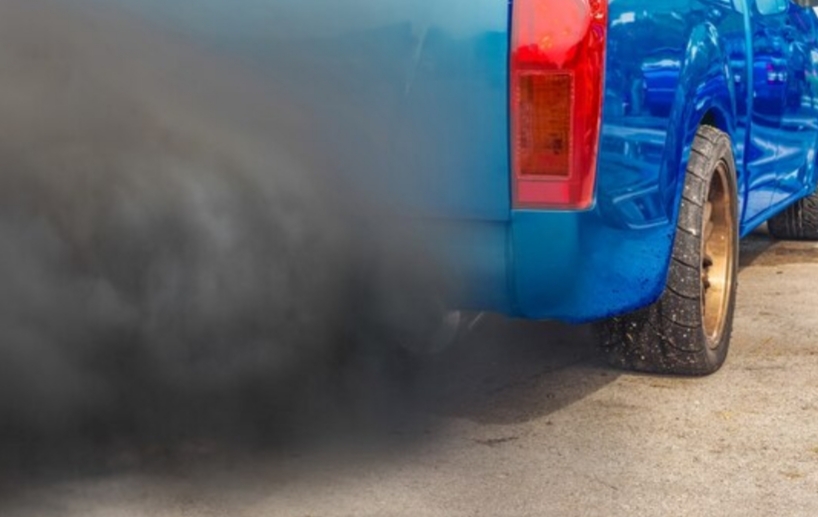The air filter is a vital component of your car’s engine, responsible for filtering out dirt, dust, debris, and other contaminants from the incoming air. A clean air filter ensures optimal air quality for combustion, promoting efficient engine performance and fuel economy. Over time, the air filter can become clogged with particles, compromising its effectiveness and impacting your vehicle’s performance. Recognizing the early signs of a dirty or clogged air filter can help you address the issue before it leads to more significant problems. Here are some indicators that your car’s air filter may need changing:
1. Decreased Acceleration
One of the earliest signs of a dirty air filter is a noticeable decrease in acceleration performance. A clogged air filter restricts the flow of air into the engine, leading to reduced airflow and compromised combustion efficiency. As a result, you may experience sluggish acceleration, especially when stepping on the gas pedal or overtaking other vehicles.
2. Reduced Fuel Efficiency
A dirty air filter can also affect your car’s fuel efficiency by altering the air-to-fuel ratio required for combustion. When the engine receives insufficient airflow due to a clogged filter, it compensates by consuming more fuel to maintain performance. This can lead to decreased fuel economy and increased fuel consumption over time.
3. Engine Misfires
A clogged air filter can disrupt the air-fuel mixture entering the engine cylinders, causing irregular combustion and engine misfires. Misfires occur when the fuel fails to ignite properly, resulting in rough idling, uneven acceleration, or hesitation during acceleration. If you notice any of these symptoms, it’s essential to inspect the air filter for potential clogging.
4. Unusual Engine Sounds
A dirty air filter can contribute to unusual engine sounds, such as wheezing, whistling, or sucking noises. These sounds occur when the engine struggles to draw in sufficient air due to a restricted airflow caused by a clogged filter. Pay attention to any unusual sounds coming from the engine bay and investigate promptly to determine the cause.
5. Black Smoke from Exhaust
Excessive black smoke coming from the exhaust pipe may indicate a rich air-fuel mixture caused by a clogged air filter. When the engine receives insufficient airflow, it compensates by injecting more fuel into the combustion chamber, leading to incomplete combustion and the production of black smoke. If you notice black smoke during acceleration or under load, it could be a sign of a dirty air filter.
6. Visible Dirt or Debris
Inspecting the air filter visually is a straightforward way to determine its condition. Remove the air filter from its housing and examine it for visible dirt, debris, or discoloration. A clean air filter should appear white or off-white, while a dirty filter may appear gray, brown, or black, indicating the presence of contaminants. If you notice significant buildup or clogging, it’s time to replace the air filter.
7. Check Engine Light
In some cases, a clogged air filter can trigger the check engine light to illuminate on the dashboard. The onboard diagnostic system may detect abnormal engine parameters, such as reduced airflow or misfires, associated with a dirty air filter. If the check engine light comes on, it’s essential to have your vehicle inspected by a qualified mechanic to determine the underlying cause.
Maintaining a clean air filter is essential for ensuring the optimal performance and longevity of your car’s engine. If you notice any of the early signs mentioned above, it’s crucial to inspect and replace the air filter as needed. Regular air filter replacement, typically recommended every 12,000 to 15,000 miles or as specified in your vehicle’s maintenance schedule, can help prevent engine performance issues and prolong the life of your engine. By staying proactive and attentive to your car’s maintenance needs, you can keep your vehicle running smoothly for miles to come.











